Updates to the Bard class in One D&D are Inspired
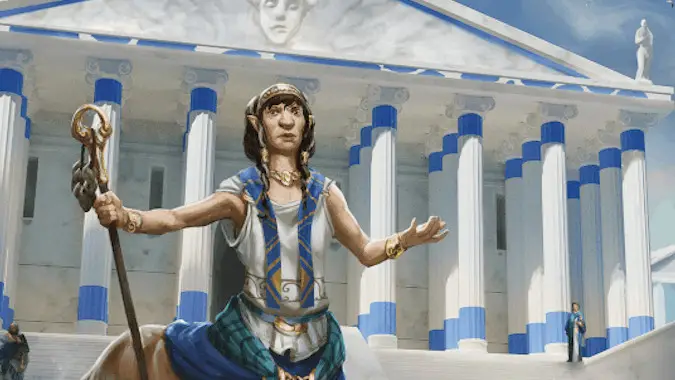
Wizards of the Coast has demonstrated their plans for what the Bards will be in the upcoming One D&D, with playtest material showcasing the new Expertise classes. In addition to the changes for the Ranger and Rogue, the Bard has some changes, mostly for the better, which is great because they were already a versatile class to play.
The majority of the changes were moving around which level unlocks which features. Some features were delayed — Jack of All Trades is now level five instead of level two, Font of Inspiration at level seven instead of level five, and Magical Secrets at levels 11 and 15 instead of levels 10, 14, and 18. But don’t let these delays worry you, because they have changed how these and other functions of the class work, making for a stronger, and ended up handing us an even more versatile class.
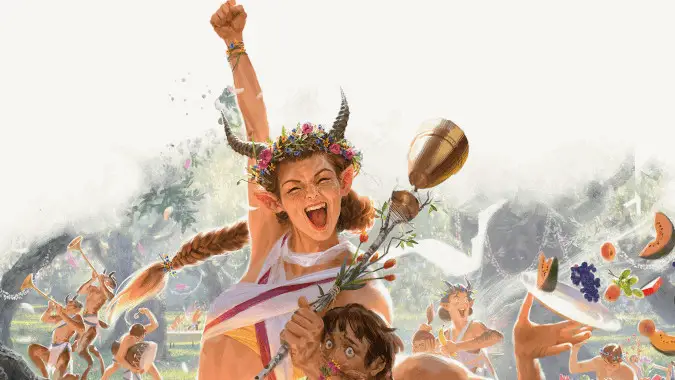
What does the Bard lose in One D&D?
The biggest loss to the Bard is the starting weapons. Proficiency with long swords, rapiers, and hand crossbow is gone. It’s possible certain subclasses will gain proficiencies with these, but that hasn’t been discussed yet. That loss hurts. Short swords and melee it will be, or spell casting. Otherwise, players will need to multiclass to pick up these weapon types. Also of note, there are changes to how hand crossbows will work, giving characters two attacks when dual wielding these, even at lower levels.
Counter Charm is gone. This allowed Bards to use their action to grant all allies advantage against being frightened or charmed for one round. There is nothing new to replace this, making it a straight loss.
Song of Rest is being replaced, but for the better. Previously, during a short rest, when characters restored health with hit dice, they restored a little more, with a d6, d8, or d12 depending on level. Now, there is Songs of Restoration — the Bard gains free healing spells at certain levels that are always prepared, and are added to the spell list without taking up a space for known spells. This turns Bards into full blown healers. They are ready to take on this role, whether they wanted to take healing spells or not.
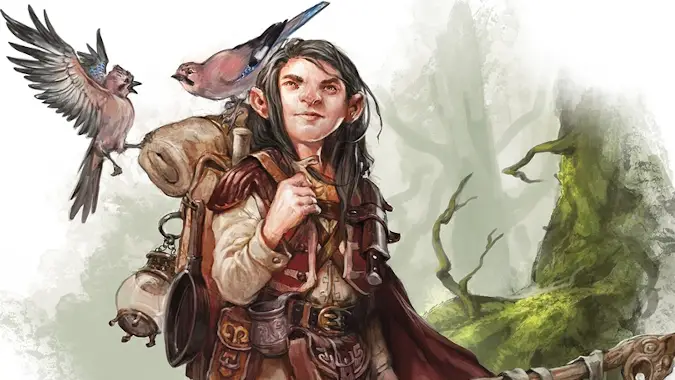
Bard spells in One D&D
The spells that Bards have access to has immensely improved in One D&D. This may be surprising since, thanks to Magical Secrets, Bards already had access to every spell in D&D. Previously, Bards chose from a Bard spell list, and then at levels 10, 14, and 18 they chose two more spells from any list or class. But, the problem was, once a spell was chosen, that was it. If it was on the character’s sheet, there was no swapping it out. With the new rules for One D&D, all classes prepare spells daily. They have access to a specific spell type or types, and then prepare a certain number of spells from there.
Bard spells now come from the Arcane spell list. Specifically, they can only choose spells of the types — Enchantment, Illusion, Transmutation, or Divination. Every day, they can swap out their prepared spells from those on this list. At level 11, when they gain Magical Secrets, they choose one of the three spell lists — Arcane, Divine, or Primal. When preparing their spells, they choose two spells from that list and prepare it. The ability to swap out their spells — even if only on a daily basis — gives them much more flexibility. At level 15, they do this again, choosing a different spell list.
While they will not have access to every spell in the game, they’ll have two-thirds of the spell lists at their fingertips. If a bard chooses Primal and Divine as their two schools, plus the spells they know from Arcane, that’s a huge chunk of the spellbook. Why would they have the option of choosing Arcane? At baseline, Bards don’t have access to all the Arcane spells, like Wish, which is a conjuration spell.
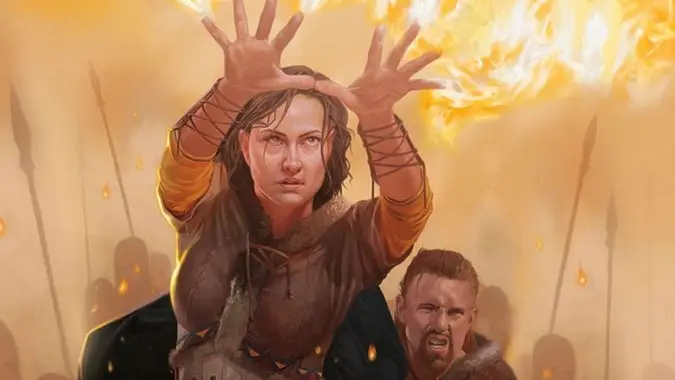
Bardic Inspiration changes
There are great changes to Bardic Inspiration, in both the sense that these changes are big, and that they’re good. Bardic Inspiration is no longer a bonus action — it’s now a reaction to boost an ally. Whenever the ally fails a d20 Test (that means an attack, a saving throw, or a skill check), the Bard can give them Bardic Inspiration to use instantly. This is a great update, as too often this was given out “just in case,” not used, and wasted. Or, not given out beforehand, and it would have been helpful to have in the moment. Now, a Bard can give it out when it’s needed, like all great pep talks.
However, that’s not the only change to Bardic Inspiration. It can now also be used for healing, as a reaction. That’s right, when a party member falls to zero hit points, as a reaction, Bardic Inspiration can be used on them. They roll the Inspiration die, heal for that amount, and pop back up.
Font of Inspiration now comes two levels later than before, but has been buffed. This used to only allow Bards to regain all uses of Inspiration on a short rest instead of a long rest. It still has that part in this feature, but now there’s more to it. If Inspiration is given and the character rolls a one on the Inspiration die, the Inspiration is not expended. To be clear, even if the Inspiration die is a one, it could still help in success. Even if that one helped, the Bard still has another use of that Bardic Inspiration.
Superior Bardic Inspiration has been moved to level 18, this used to be at level 20. This gives the Bard one use of Bardic Inspiration at the start of combat initiative if the Bard doesn’t have any. Good, not great — the kind of slight tinkering you’d expect in a rebalance like this.
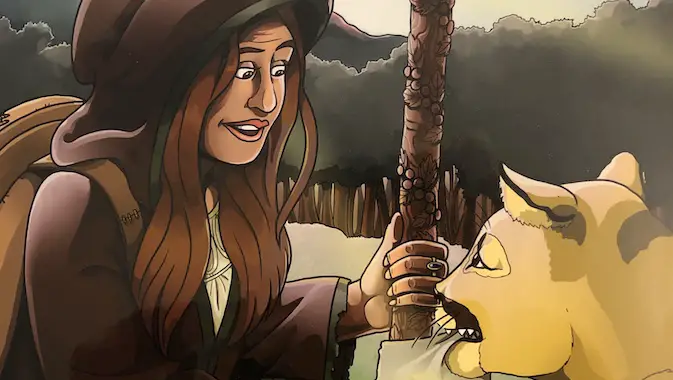
Bard subclass — College of Lore
The test subclass given was College of Lore and honestly, it’s a slight nerf to this subclass. This subclass was great before because it allowed the Bard to gain an extra — and early — Magical Secrets, two extra spells from other classes. Now that the Bard can prepare two spells instead of being stuck with the spells taken, this might not seem as crucial. Being able to take all three spell lists might have made this subclass seem mandatory. However, by pushing up Magical Secrets one extra level, this subclass alloeds Bards to take those extra spells a level earlier, which was really appealing.
At level three, this subclass used to give three proficiencies in any skill. Now it’s in Arcana, History, and Nature — unless the Bard already has those proficiencies, then it is in any skill. This also provides Cutting Words as a reaction, which uses an Inspiration die to deduct the roll from an ability check or attack roll of a creature. It used to also be deducted from a damage roll. Two somewhat nerfs that aren’t terrible, but nothing is added to make up for it.
At sixth level, instead of the extra Magical Secrets, it’s Cunning Inspiration — basically, allies have advantage when rolling your inspiration dice. There didn’t used to be a tenth level feature, but now they’ve added Improved Cutting Words, which allows you to deal psychic damage to a creature when using Inspiration to deduct from that creature’s attack or ability check.
At level 14, it’s still Peerless Skill, but this is improved a bit from its current incarnation. When making an ability check and fail, your Bard can roll an Inspiration die, and if its still a failure, that Inspiration isn’t expended. Previously, you could do that after a skill check, but weren’t supposed to know if it was a success or fail, and the die was expended either way. This is the kind of quality of life improvement that’s nice to see, especially in a playtest like this. It’s not game breaking, just more fun for the class feature.
Overall, this seems like a fairly solid balance pass for Bards — though we may hold off on getting too attached before we see some other subclasses at work.
Please consider supporting our Patreon!
Join the Discussion
Blizzard Watch is a safe space for all readers. By leaving comments on this site you agree to follow our commenting and community guidelines.





